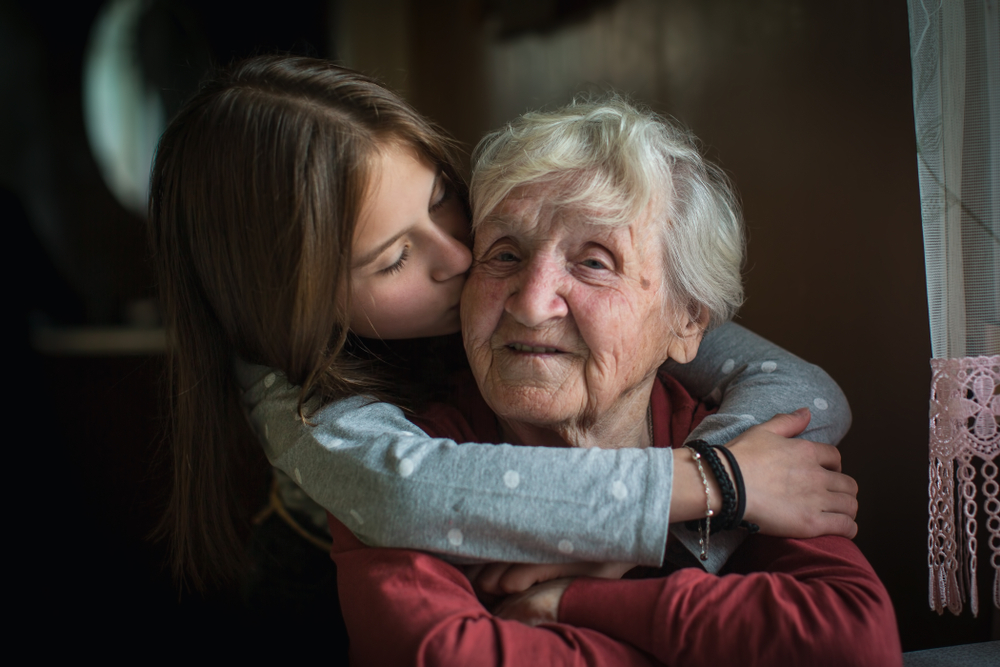Preparing for the end of life is an emotional and often difficult journey, especially when it involves a beloved parent. Facing this reality can be overwhelming, but recognizing the subtle signs that indicate your parent may be entering the final stages of life can bring much-needed clarity and peace of mind. Understanding these signs helps families prepare not only emotionally but also practically and logistically, ensuring that your loved one’s remaining time is as comfortable and meaningful as possible. This preparation can include making important decisions about care preferences, legal matters, and spending quality moments together.
This guide aims to highlight several common signs that your parent may be approaching the end of life and offers compassionate advice on how to navigate this sensitive time with empathy, respect, and readiness, supporting both your parent and your family through this profound transition.
Increased Fatigue and Sleeping More Frequently

It’s common for older adults in the final stages of life to experience a noticeable increase in fatigue. This results in them sleeping much longer than usual and engaging less in daily activities. While it may seem concerning, this is simply the body’s natural way of conserving energy as it begins to slow down. Your parent may spend more time resting in bed and may not communicate as much as they used to. To offer support, ensure they have a comfortable environment for rest. Speak softly during moments of wakefulness as they may still enjoy hearing your voice, even if they’re too tired to respond.
Reduced Appetite and Drinking Less

A decline in appetite and reduced hydration are end of life signs that often go unnoticed at first. Older adults in their final stages of life may show little interest in food or drink, and meals that once brought joy may hold no appeal. Rather than forcing them to eat, focus on keeping them comfortable. Offer small sips of water, ice chips, or moist cloths to keep their lips hydrated. Be mindful that this shift is part of the body’s natural slowdown and does not typically cause discomfort for the individual.
Changes in Mood and Withdrawal

If your parent appears withdrawn or detached from conversations and activities, this could be one of the final stages of life. They may begin to disconnect from the world around them, preferring quiet reflection or solitude. This is not always a sign of sadness but rather a natural response as they transition. Support them by respecting their need for space and simplifying social interactions to a smaller group of familiar faces. Even a few calm, comforting moments together can leave a lasting impact.
Increased Confusion or Periods of Disorientation

Confusion or moments of disorientation can become more frequent in the last stages of life. Your parent may forget familiar faces, misplace memories, or engage in repetitive behaviors like picking at their sheets. This condition, often described as “terminal delirium,” may be caused by a combination of physical and chemical changes in the body. Be patient and provide reassurance. Simple statements like, “I’m here with you” or “You’re safe” can help ease their anxiety. Avoid trying to “correct” their reality in these moments, as this can exacerbate confusion.
Physical Discomfort and Changes in Breathing Patterns

Toward the end, physical discomfort becomes more noticeable. Your parent may experience labored breathing, pauses between breaths, or a rattling sound in the throat due to fluid accumulation. These changes are often distressing to observe but may not be uncomfortable for your parent. If you’re caring for them at home, speak with a healthcare provider about options for palliative care or medication to manage any visible distress. Providing a peaceful, quiet space with soothing music and dim lighting can also make a significant difference.
Fluctuating Vital Signs and Skin Changes

Another sign of the final stages of life is changes in vital signs or circulation. Your parent’s hands and feet might become cool to the touch due to reduced blood flow. Skin may take on a blotchy or pale appearance, especially around the knees and extremities. These physical changes indicate that the body is beginning to shut down. Ensure they remain covered and warm to maintain comfort. It’s also a good time to lean into comforting gestures like gentle hand-holding or light blankets to offer care and closeness.
Terminal Lucidity or Sudden Energy Spurts

A surprising but well-documented phenomenon is “terminal lucidity,” where individuals nearing the end experience brief moments of energy or mental clarity after prolonged inactivity. Your parent might sit up, become chatty, or even ask for a favorite meal. While this may feel like an improvement or a sign of recovery, it’s often a natural part of the final process before passing. Use these moments to connect, share memories, or reaffirm your love. Treat these times as an opportunity for cherished final interactions.
Expressed Wishes About Afterlife or Farewells

If your parent begins discussing their wishes for the afterlife, funeral planning, or addressing unspoken matters with loved ones, this is often viewed as one of the more emotional end of life signs. Your parent may feel a sense of urgency to settle their affairs and bid farewells. Engage with them openly and respectfully, providing space for these heartfelt dialogues. These moments offer an invaluable opportunity to express love, gratitude, and forgiveness.
How to Prepare for End-of-Life Transitions

Preparing for end-of-life transitions encompasses emotional, practical, and logistical aspects. Start by ensuring healthcare directives and wills are in place. Consider options like hospice care to access resources designed to make your parent’s final days as comfortable as possible. On an emotional level, prioritize time spent together. Share stories, express your feelings, and be present in both quiet and engaging moments. Finally, remember to care for yourself. Grieving can start even before a loved one passes, so consider reaching out to support groups or counseling when needed.
Making Peace with the Journey

Navigating the end-of-life signs with a parent is deeply emotional, but it’s also an opportunity to celebrate their life and fulfill their needs with love and dignity. Recognizing their physical, emotional, and spiritual shifts will help you create a supportive and serene environment. Remember, this process is as much about your own preparation as it is about theirs. By cherishing this time together, you ensure that both you and your parent can find peace during life’s final transitions.





